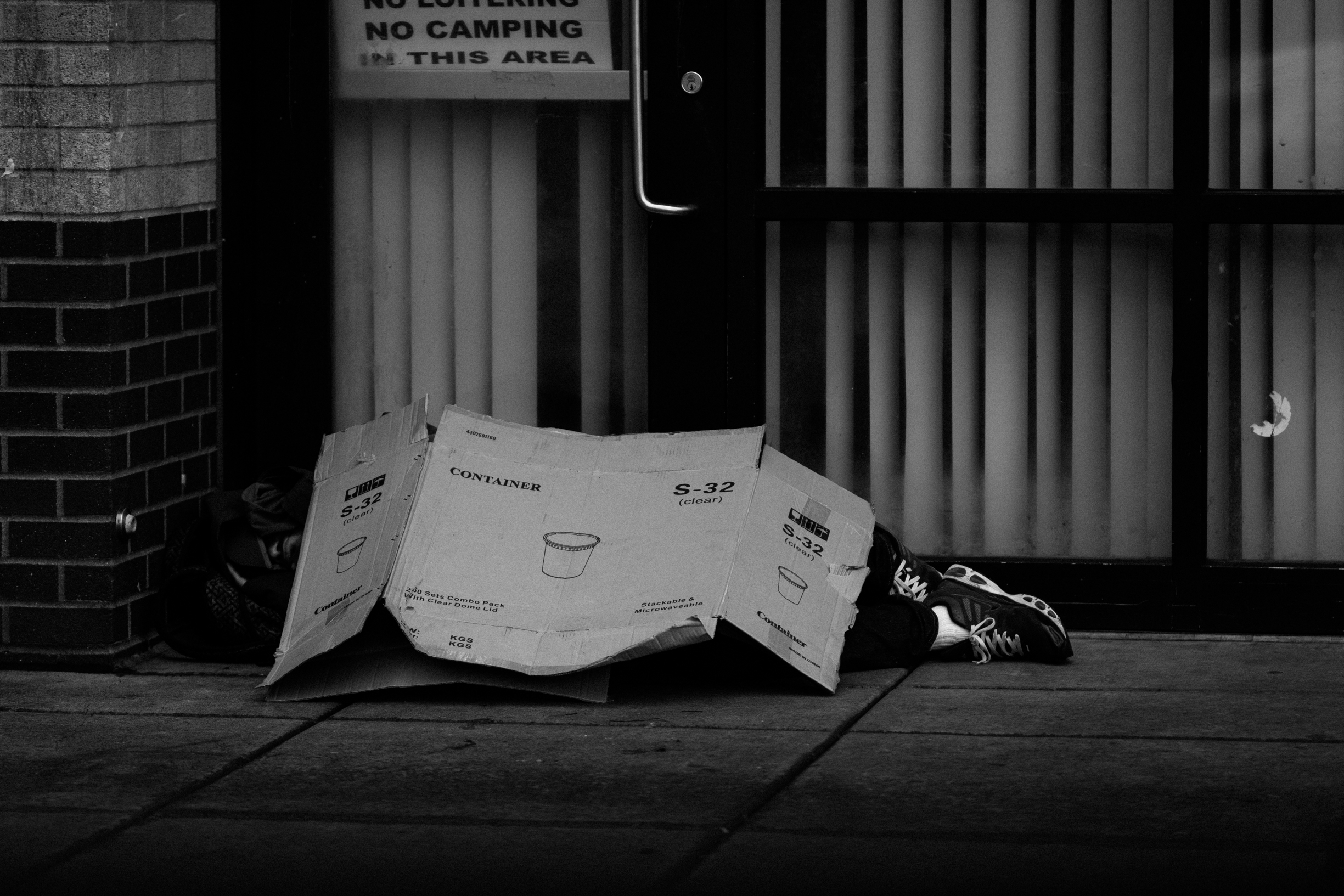Half of all homeless people may have suffered a brain injury
- 20.12.2019
- RichardEdwards
- Clinical-negligence, Personal-injury
New research reveals half of all homeless people around the world may have suffered a traumatic brain injury (TBI) at some point in their life, either as a result of their homelessness or because of.
The study, published in the Lancet Public Health journal, analysed research results from six high-income countries including Australia, Canada, Japan, South Korea, the UK and US. It found that 53% of homeless people had suffered a traumatic brain injury. The authors of the study say this could be 2.3 to four times the rate for the whole population.

The brain injury was moderate to severe in a quarter of homeless people – 10 times that of the general population.
However, experts are still questioning whether the brain injury causes the homelessness, or vice versa.
Jehannine Austin from the British Columbia mental health and substance use services research institute in Canada, where the study was carried out, said:
“The relationship between homelessness and TBI could function both ways – TBI could increase the risk of homelessness, and homelessness could increase the risk of TBI,
We need a better understanding of this relationship to address the issue, and to improve outcomes in the homeless and marginally housed population.”
A research fellow at the University of Melbourne, Australia, Jesse T Young, has called for a trial to investigate whether intervening to house homeless people lowers their rates of traumatic brain injury. She added:
“It is becoming clear that TBI can be both a cause and a consequence of homelessness. The functional and socioeconomic consequences associated with TBI can present challenges to finding and retaining housing.”
In a separate piece for the journal, Dr Rob Aldridge from University College London says that in England and Wales, homeless people have significant health issues, however, the opportunity to help them once they are within the NHS is missed.
Homelessness, he writes, is “a public health emergency that we already know how to tackle – but have failed to do so. Most people experiencing homelessness had been admitted to hospital in acute health crisis. Their health needs represent a system failure to intervene early and prevent serious harms... Everyone has a right to dignity and respect. Homelessness is a barometer of social justice that reflects a serious problem in our society, the remedy to which is within our grasp.”
Dr Aldridge’s own research found that almost a third of deaths of homeless people could have been prevented with the correct healthcare and that there is an urgent need to do more in the way of intermediate healthcare for homeless people, so that they are able to recover once any emergency or acute illness has been dealt with. He said:
“If you had an elderly patient and you didn’t have a safe place for them to go, you wouldn’t just discharge them on to the street – and yet we still do.”
Richard Edwards, a Partner within our Personal Injury team, comments:
This is an important study and it should cause us all to pause and reflect about the problem of homelessness, particularly at this time of year. Not only does it serve as a reminder to us all that people who end up on the streets frequently do so for reasons beyond their control, it also highlights the devastating and long term impact that a brain injury can have.
Richard Edwards is a Partner within the Personal Injury team here at Potter Rees Dolan. If you would like to speak to Richard or any of our expert serious injury solicitors regarding brain injury, or indeed any other aspect of this article, please call 0800 027 2557 or fill out the contact form at the side of this page. Alternatively, you can contact Richard directly here.
